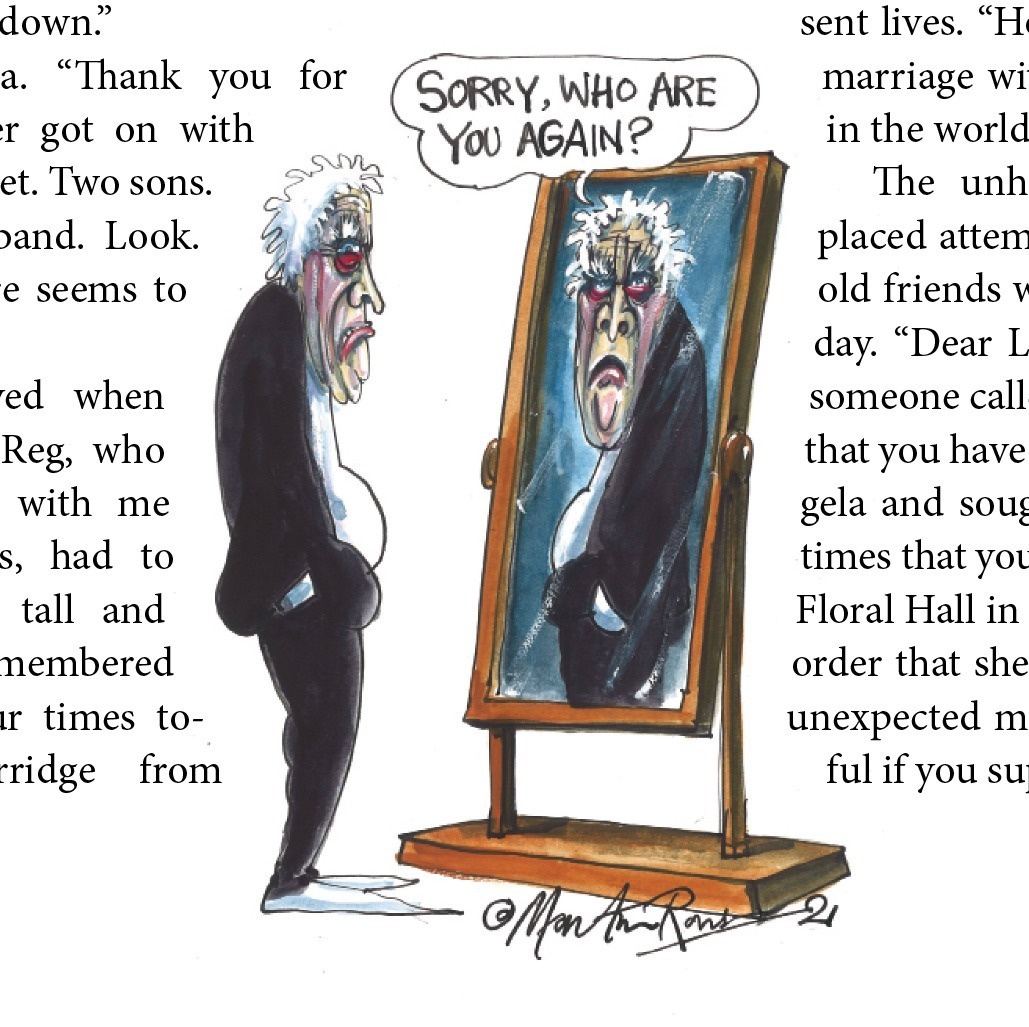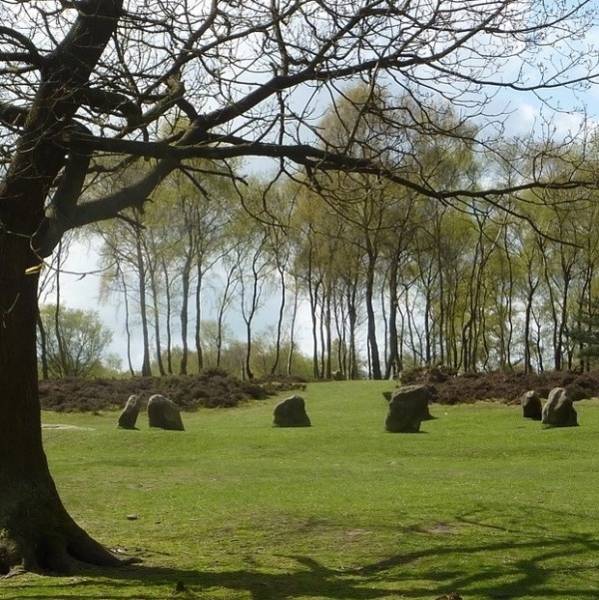
A few weeks ago, I was overcome by a profoundly charitable impulse. What, I wondered, had happened to my long-lost friends during those long traumatic months of lockdown isolation?
I’d managed to keep a reasonable email check on my current acquaintances. But what about all those other faded addresses in my Filofax? Old mates from Liverpool? Academic colleagues from York University? Broadcasting friends at the BBC? In normal circumstances one could safely assume that they’d simply gone on living their respective lives without the benefit of my concern. But now was surely the proper moment to show my continued empathy with them in these uncertain times. “No man is an island,” I muttered as I sat down with my list of telephone numbers and email addresses.
My very first call was to Fiona Ramsey. About 30 years ago, we’d spent time together composing an article for the British Journal of Sociology on the validity of the embourgeoisement thesis. To what extent were the working classes in York beginning to assume middle-class values? Even though the article was never accepted for publication – the working-class citizens of York showed absolutely no sign of wishing to abandon their happy proletarian lives – there was sufficient intellectual empathy between us to ensure that Fiona had her name in bold in the telephone section of my diary.
“Hi. It’s Laurie here. Yes, Laurie. York University. Early 90s. Embourgeoisement. I was wondering how you got through the crisis. The lockdown.”
“Very well,” said Fiona. “Thank you for asking. Actually I’ve rather got on with other things since we last met. Two sons. A job in a library. A husband. Look. Could you call back? There seems to be somebody at the door.”
Matters hardly improved when I dialled up Reg Cooper. Reg, who had been a postgraduate with me in Leicester in the 1970s, had to be reminded that I was tall and curly-haired before he remembered a single moment from our times together. And Delia Kerridge from Bristol University, who had once told me at a British Sociological Annual Conference that she “admired my mind”, brusquely asked me not to ring again, as her new husband had developed an aversion to “academic wankers”.
There were some rapprochements. Colette Sampson remembered that we’d had some fun times when we were both junior teachers at Forest Hill Comprehensive School in the 1960s. And Peter Longstaff emitted a distinct chuckle when I reminded him of the time in the 1980s when we crept into York Minster late at night and banged out “I Do Like to Be Beside the Seaside” on the grand organ.
But the overall message was unmistakeable. Nearly all these old friends had not only forgotten or misremembered our times together, but also somehow managed to construct satisfactory lives for themselves without my attention. It was a salutary discovery. People who I’d assumed could be readily prodded back into my personal community were happily managing their lives entirely without my solicitude. “Why on earth are you ringing me after all this time?” asked Janet Somerville. “Has something awful happened?”
I’ve tried to console myself with Philip Larkin’s poetic assertion that “We are not suited to the long perspectives / Open at each instant of our lives / They link us to our losses”. This at least allowed me to believe that the coolness of my old friends might merely be a desperate attempt to forget anything that could emotionally disrupt their present lives. “How can I possibly have a happy marriage with Charles, when Laurie is still in the world?”
The unhappy conclusion to my misplaced attempt to revive this community of old friends was delivered by email last Sunday. “Dear Lorry,” began the message from someone called Harry Adams. “I understand that you have recently contacted my wife Angela and sought to remind her of the many times that you and she danced together at the Floral Hall in Southport in the mid-1960s. In order that she can reply appropriately to this unexpected message, Angela would be grateful if you supply her with your surname.”
This article is from the New Humanist summer 2021 edition. Subscribe today.

